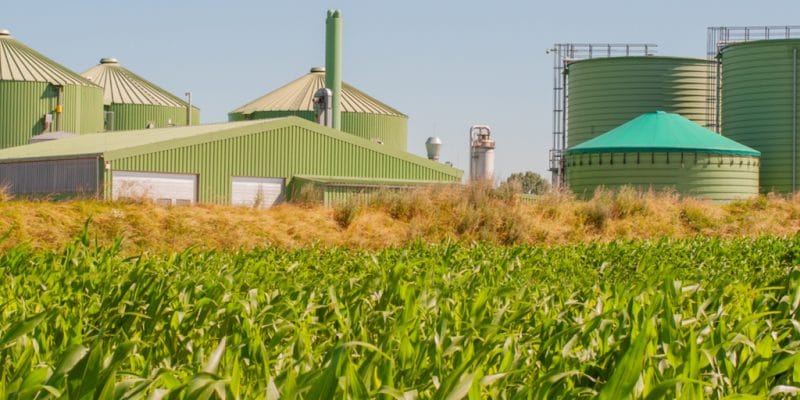Morocco is developing its roadmap for biomass energy recovery (BEV). The news was unveiled on August 30th, 2021 by the Moroccan Ministry of Energy, Mines and the Environment.
Morocco’s goal is to increase the share of renewable energy in its energy mix to 52% by 2030. According to the Moroccan government, the use of biomass will contribute to achieving this objective. On August 30th, 2021, the Moroccan Ministry of Energy, Mines and the Environment announced the development of the roadmap for biomass energy recovery (VEB).
According to Electricité de France (EDF), biomass refers to all organic matter of plant or animal origin that can become a source of energy mainly through combustion (cogeneration) or methanisation (fermentation). In the case of Morocco, these materials will come from agriculture, forestry, solid waste from landfills and wastewater.
Production of approximately 13.4 million MWh per year
A biomass power plant is equipped with a turbine connected to an alternator that allows the production of electricity. As far as cogeneration is concerned, it is a question of “directly feeding boiler rooms capable of producing either heat alone or electricity and heat simultaneously”, says EDF. For methanisation, however, it will be necessary to transform organic matter into biogas. This biogas will then be burned to produce the heat needed to generate electricity.
Read Also – AFRICA: the circular economy at the heart of ecosystem preservation
The Moroccan Ministry of Energy, Mines and the Environment estimates that the strategy for developing biomass power plants will enable the injection of approximately 13.4 million MWh per year into the Moroccan national electricity grid. At least 6.6 million MWh will come from the agricultural sector, 3.5 million MWh from the forestry sector, 3.1 million MWh produced from solid waste and 0.2 million MWh from wastewater, according to Média24.
In addition to the production of electricity, the project will have a positive impact on the environment, as it will help to decongest the kingdom’s landfills.
Inès Magoum







